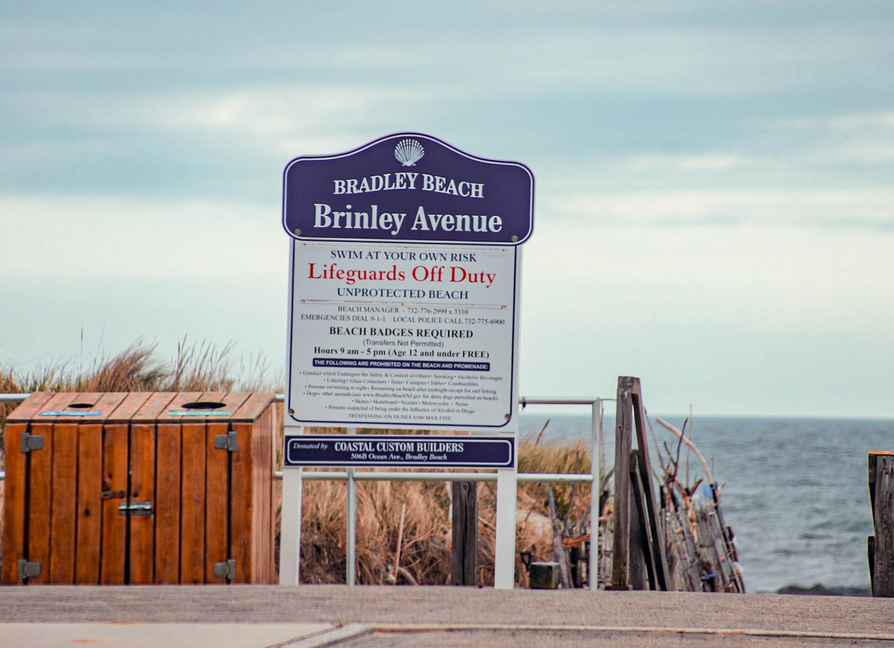
The New Jersey real estate market is currently experiencing a discernible shift, as property prices moderate after a sustained period of considerable acceleration. A notable illustration of this trend is evident in a property associated with a Bradley Beach ocean-front property. Initially introduced to the market on July 16, 2025, this residence was listed at $3,400,000 ($1,138 per square foot), representing an increase of more than 300% compared to prior valuations. However, within a fortnight, the asking price was reduced to $3,200,000 ($1,071 per square foot), marking the onset of price corrections. A further adjustment in late August lowered the price to $2,950,000 ($987 per square foot), at which point the property entered a pending sale status as of October 1, 2025. This pattern is emblematic of the broader adjustments currently underway in the higher-end and luxury segments of New Jersey’s real estate market, as sellers respond to evolving market
Recent statewide data as of November 2025 further delineates the prevailing market conditions. The median home price now stands at $565,800, reflecting a 3.2% decline from August’s peak of $584,700, yet still recording a 5.9% year-over-year gain. The average number of days on market has risen to 45, indicative of a slower sales environment. Additionally, there has been a notable increase in price reductions, with over 22% of listings offering lowered prices—an appreciable rise from earlier in the year. The tendency for homes to sell above listing price has diminished, and industry projections suggest annual price appreciation will moderate to a range of 2–4% through 2026, marking a departure from the double-digit growth rates that characterized the pandemic
Multiple factors account for these shifting dynamics. Elevated mortgage rates have constrained purchasing power, particularly within the luxury sector. The introduction of new inventory, coupled with greater economic uncertainty, has prompted sellers to adopt more flexible pricing strategies. Furthermore, pronounced regional variations are apparent; while northern and central New Jersey suburbs experience stabilization or modest declines following significant prior appreciation, demand persists for more affordable condominiums and townhomes, moderating the downward trend for select property types.
In conclusion, the present New Jersey real estate landscape is transitioning from the fervent surges of recent years toward a more stable and sustainable market environment. The aforementioned pending sale exemplifies this recalibration, serving as a microcosm of changing market sentiment and the evolving interplay between buyers and sellers. This recalibration may ultimately foster a healthier and more resilient real estate sector over the long term.
Another Price Drop
Real-World Market Shifts: Shore Properties Experience Price Adjustments
The disruptive trends shaping today’s New Jersey real estate market are not just theoretical—they’re happening right now in local transactions. For instance, another sought-after shore property in the same town, ideally situated on a lake and just a couple blocks from the beach, recently saw a substantial adjustment in its asking price falling $29,000.
Price History Tells a Story in a Beach Town
A small single-family home in Bradley Beach has seen notable price adjustments this fall as the sellers work to align the listing with market interest. First introduced to the market on September 13, 2025, the property debuted at $975,000.
On October 8, the price dropped to $948,000, a 2.8% decrease. The trend continued on October 31, when the asking price was lowered again to $915,000, representing a further 3.5% reduction. These adjustments suggest the sellers are actively responding to market conditions and buyer activity as they search for the right offer heading into late 2025.
These figures illustrate the present volatility facing even highly desirable properties, emphasizing just how important adaptability and strategic negotiation are for buyers and sellers alike. Whether it’s a waterfront residence or a beachside retreat, recalibrating strategy—and applying Power Laws such as flexibility, listening, and guarding reputation—has never been more relevant in helping clients navigate shifting values and changing expectations in the market.
